Having a good hairstyle can bring a sense of calmness and confidence to a person. However, as we get older, many of us experience hair loss, which is quite common. Despite this, few people still manage to maintain a great appearance with a stylish and well-maintained hairstyle.
Introduction
Hair fall is a common concern for millions of people around the world. Whether it’s a few strands of hair or noticeable thinning, it can be disheartening for anyone. This issue affects people of all ages and genders, making it a common concern for many. However, there are numerous myths, misconceptions, and half-truths surrounding the problem, forcing people to navigate a maze of solutions with varying degrees of success. As a result, it is critical to understand which oils contain rich ingredients that can reduce hair loss and thicken the hair.
Causes of hair fall
Genetics (Androgenetic alopecia):
The most common cause of hair fall is hereditary, known as androgenetic alopecia. In androgenetic alopecia, the hair follicles gradually shrink over time, resulting in shorter and finer hair. The condition is influenced by genetic factors and hormonal changes in both men and women.
Hormonal Changes:
The fluctuation of hormones during pregnancy, childbirth, menopause, and thyroid problems causes hair loss. This hormonal imbalance affects hair growth and results in hair thinning.
Scalp Condition:
Conditions like dandruff and Seborrheic dermatitis (skin with excessive dandruff) cause itching. Excessive itching will damage the hair follicles and cause a scalp infection.
Nutritional Deficiencies:
Lack of essential nutrients, such as iron, zinc, vitamins (B vitamins), and proteins, can cause hair loss. A healthy diet is essential for hair.
Stress Management:
Maintaining a healthy balance of physical and emotional stress is critical. Any of these higher stresses can trigger temporary hair loss, which is known as Telogen effluvium.
Hairstyles and hair treatments:
Tightening your hair with a ponytail or braids, as well as undergoing hair treatments such as chemical or hot oil treatments, will result in hair loss.
Poor hair care:
Ignoring dandruff and using harsh hair products damages the scalp and reduces hair strength.
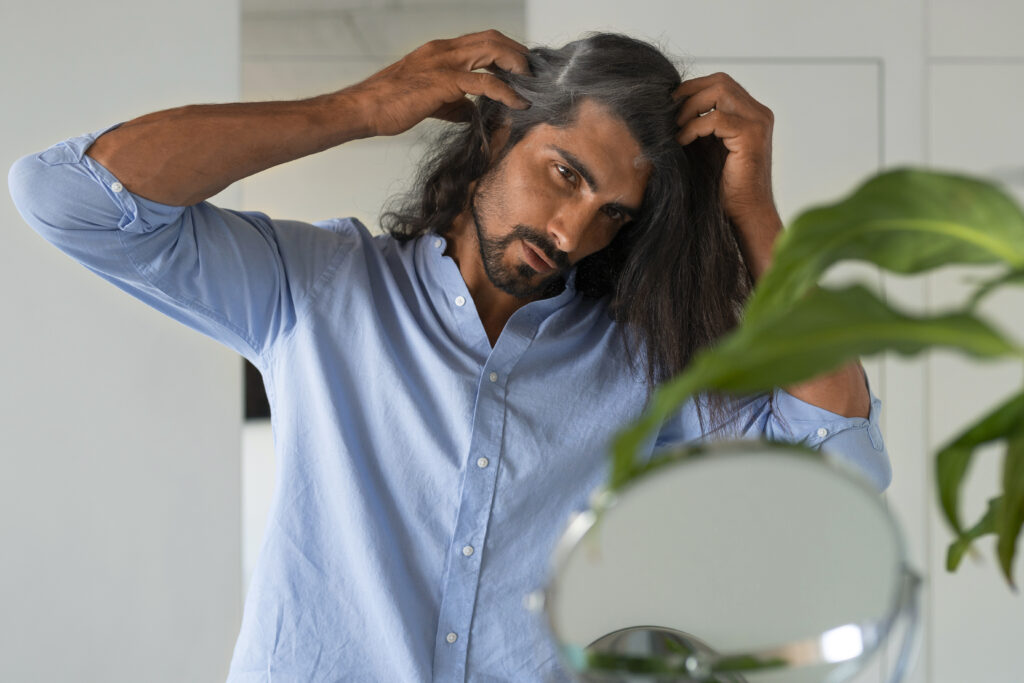
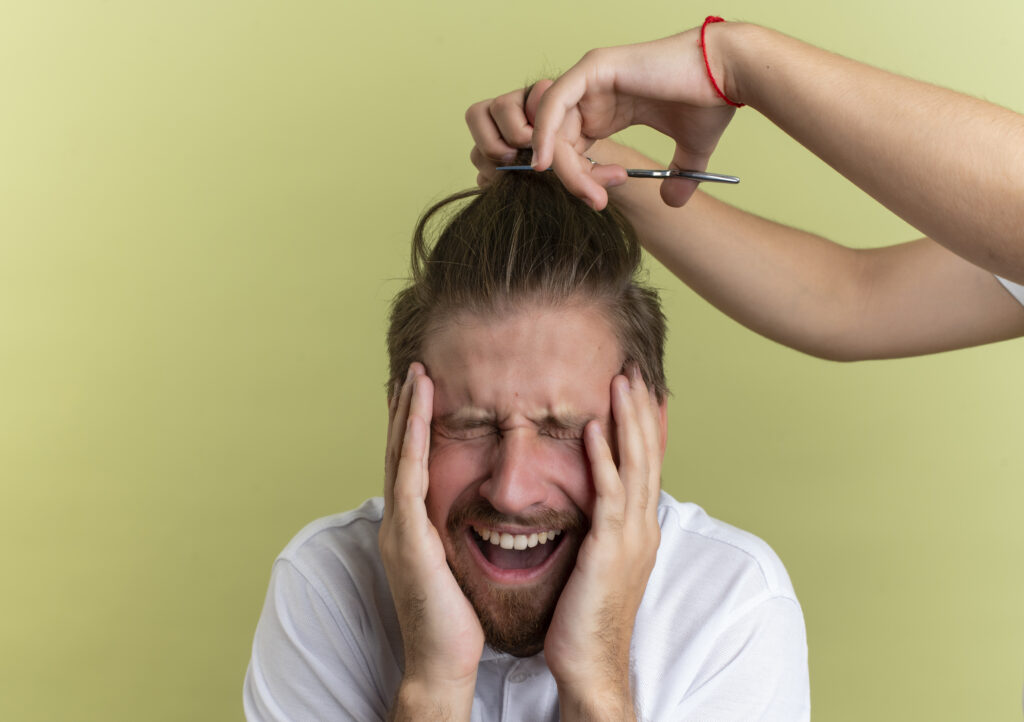
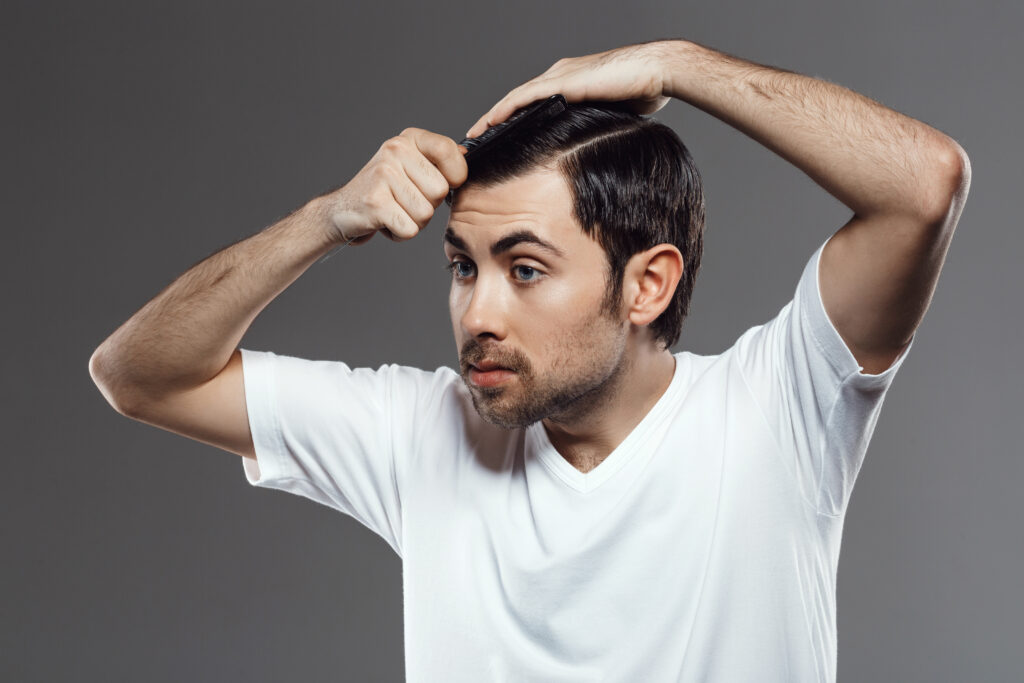
How to prevent hair fall
1. The key to treating hair fall is to identify the type of hair loss you are experiencing.
2. Keratin is the protein present in hair follicles. To prevent hair loss, eat a protein-rich diet of foods such as eggs, nuts, beans, and peas.
3. Maintaining a clean and healthy scalp is crucial to preventing hair loss. Therefore, it is advised to wash your scalp at least three times a week.
4. Use a sulphate-free shampoo and conditioner suitable for your hair. Limit your use of hair dryers, straighteners, and dyes.
5. Massaging your scalp can boost blood flow to the hair follicles, promoting hair growth.
6. Taking vitamins and minerals such as A, B, C, and D, as well as iron, selenium, and zinc, can help prevent hair loss and promote healthy hair growth.
Bonus Tip:
Yoga, meditation, and breathing exercises can help manage stress and benefit both the body and the hair.
Diet that reduces hair fall
Proteins:
Hair is primarily composed of a protein known as keratin, so eating high-protein foods is necessary for hair growth.
Iron:
Iron deficiency is the most common cause of hair loss; iron-rich foods such as leafy vegetables, red meat, liver, spinach, and cereals can help.
Vitamins:
Vitamins A, B, and C are essential for strong hair growth. Sweet potatoes, carrots, citrus fruits, and berries are helpful.
Biotin:
Biotin is found in all forms of vitamin B, and having enough of it will help your hair grow stronger. Egg yolks, nuts, and grains have biotin.
Zinc:
It helps maintain the oil around the hair follicles and strengthens the hair’s roots. Zinc-rich foods include beef, spinach, wheat, and pumpkin seeds.
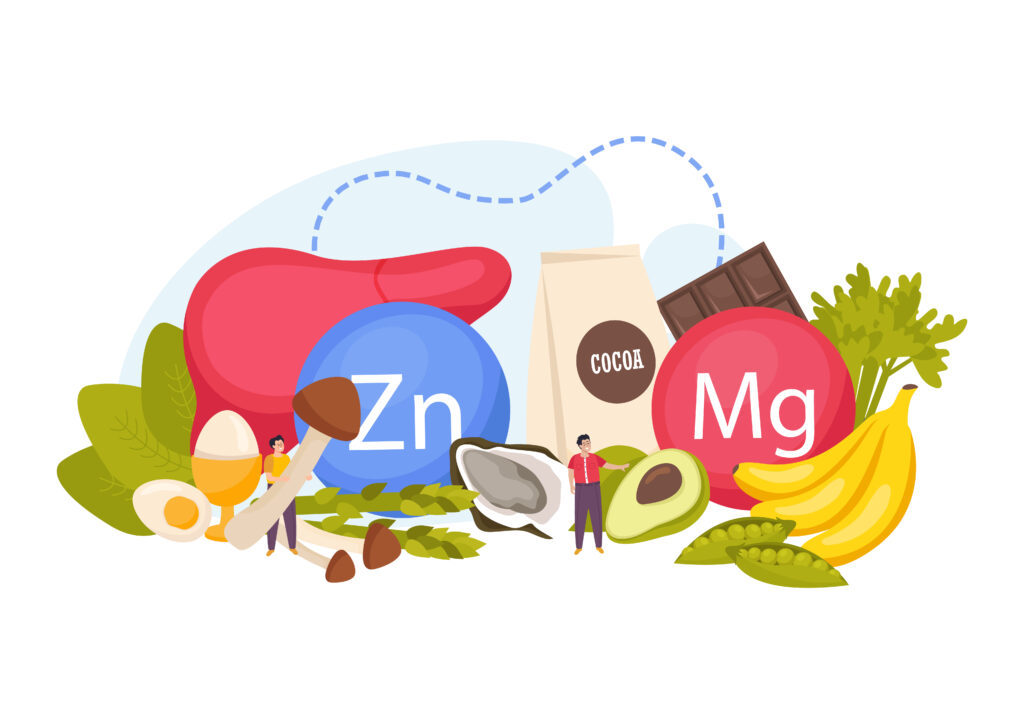
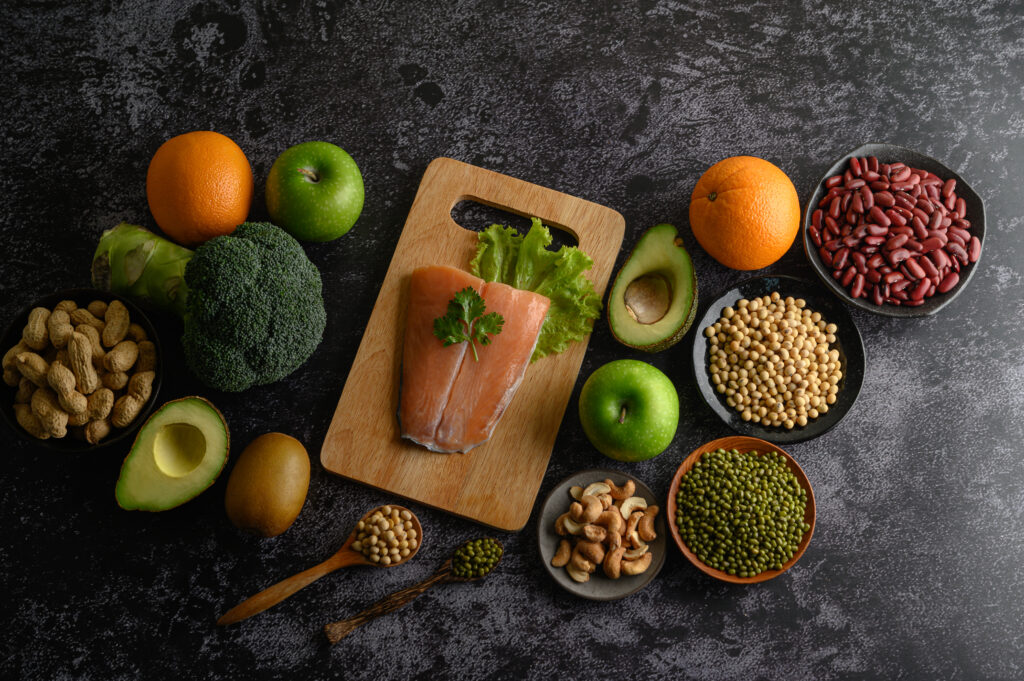

Oils That helps in Hair growth
Argan oil:
It is often known as “liquid gold” for hair care because it is rich in antioxidants and fatty acids. It helps to grow thicker and fuller hair.
Amla Oil:
Amla oil is rich in vitamin C, and the citrus flavours in the oil clean the scalp and help to prevent premature grey hair.
Coconut oil:
This oil is mainly known for its moisture and deep penetration into the hair. It prevents hair breakage and also promotes hair growth.
Lavender oil:
It helps to balance sebum production on the scalp. The anti-microbial and anti-bacterial properties improve scalp health.
Peppermint oil:
It has a stimulating effect on the scalp, which promotes hair growth. Additionally, it has anti-bacterial and anti-fungal properties that help keep the scalp healthy.
Pumpkin seed oil:
Pumpkin seed oil contains phytosterols, which block the enzymes and hormones in the scalp, causing hair loss.
Rosemary oil:
Research has shown that rosemary oil acts as effectively as minoxidil, a common hair loss treatment, in promoting hair growth. The oil improves scalp circulation and maintains healthy hair.
Conclusion:
Understanding the causes of hair fall is the first step towards addressing common concerns for each individual. From lifestyle to diet, eating a nutrient-dense diet and maintaining your hair with recommended remedies and precautions will yield numerous results.
Try to maintain a regular approach to hair care, such as proper nutrition, stress management, and regular exercise, which not only promotes healthy hair but also improves overall well-being.
If the hair fall is significant and consistent, consult a dermatologist or a skincare professional for treatment.
Remember that persistence is the key; follow the remedies mentioned above and maintain a healthy plan. You’ll see the result.

Good information ….
Great information
Will definitely try it !!!!!